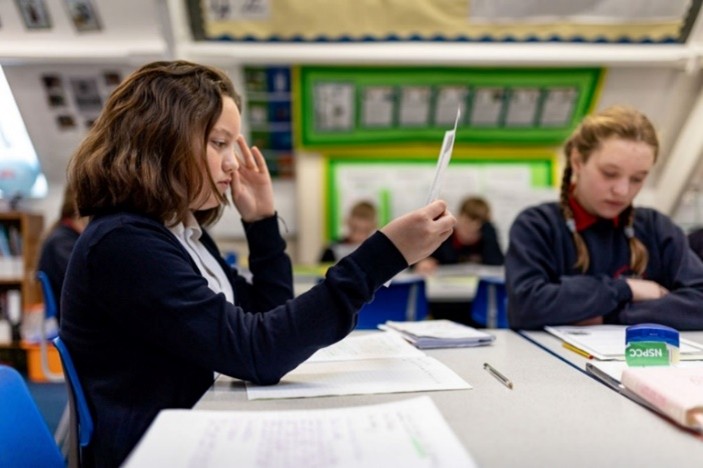It is our aim for children to leave our school as enthusiastic and competent historians who have a breadth and depth of understanding to equip them in their secondary education and beyond.
Our History curriculum is designed so pupils build knowledge and skills sequentially over time. Careful thought has been given to curriculum design. For example, in Key Stage 1 children are taught about people and events which are from within living memory. This allows them to reflect on the knowledge of themselves, parents and grandparents. This is then furthered later in the year into the study of Richmond Castle – a location which is known to them and therefore within their zone of relevance. In Key Stage 2 pupils delve deeper into history beyond living memory, building on solid foundations from Reception and Key Stage 1.

In mixed age classes, children work on a rolling programme to ensure coverage of the National Curriculum and ensure the full breadth of the historical periods studied. However, pupils are always taught to reflect on their prior learning to help them link events in history. Events throughout one single teaching year are taught chronologically and frequently link across periods (i.e. Ancient Maya and the Viking rule), alongside thematic studies which cover different periods of history. To ensure children understand how time periods linked together, each lesson in our codified approach begins with chronology. In the second year of the rolling programme, each class learning will focus on investigating an aspect of local history. This includes Richmond Castle, Roman Cateractonium, the history of York and studying local census data.
Key concepts within History are strategically planned throughout each unit to ensure equal and thorough coverage throughout. For example, in Key Stage 1 children are introduced to the concept of change over time by investigating how toys have changed, whilst in Key Stage 2 they build on this key concept as they investigate how and why the Ancient Maya changed the way they lived.
In History, we follow best research practice and recognise the disciplinary concepts as continuity and change, cause and consequence, similarity and difference and significance. The ways in which children develop these disciplinary skills over time is demonstrated on the table above.
The History subject leader is Gavin Cope.
For further information about our History curriculum, please click the link below.